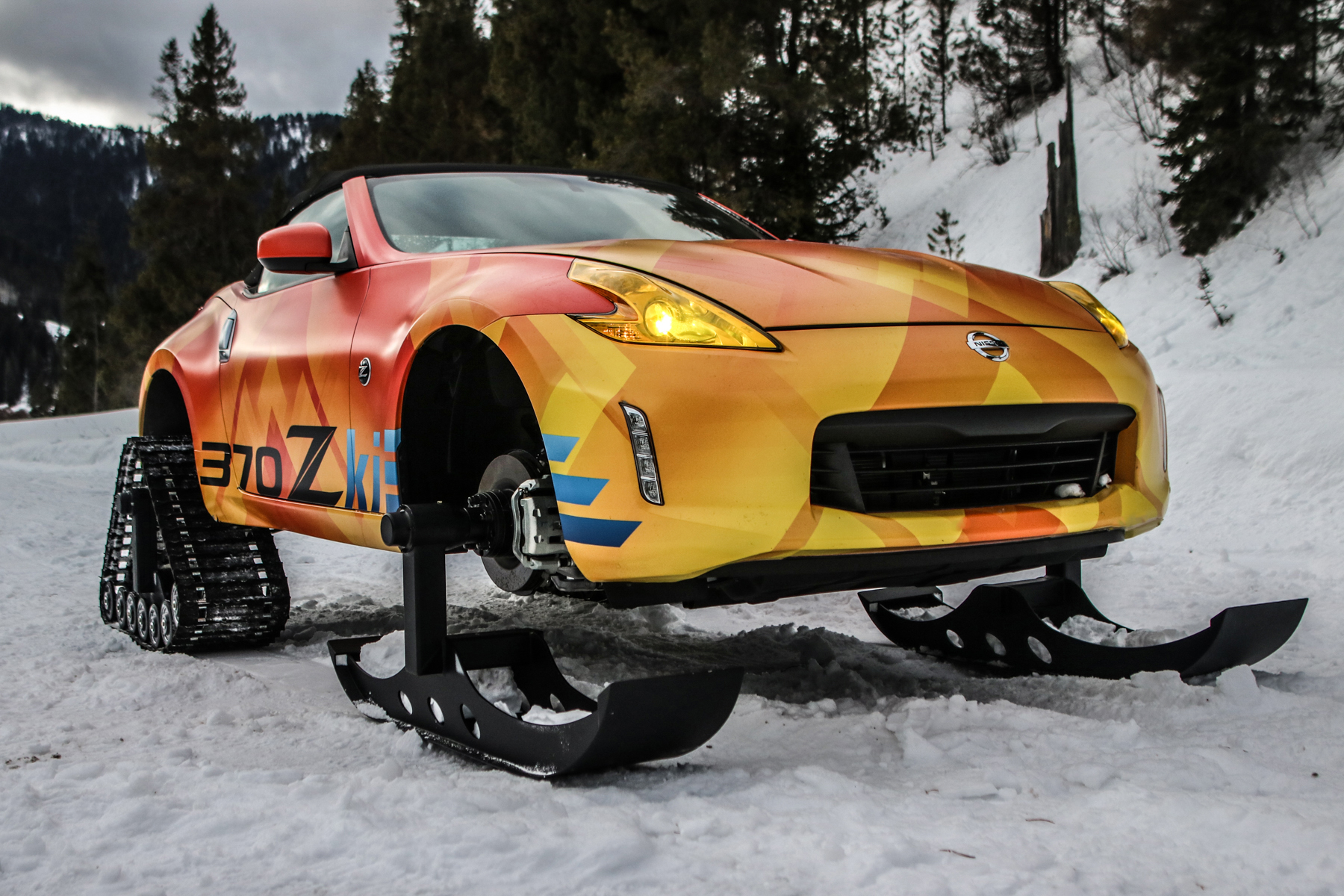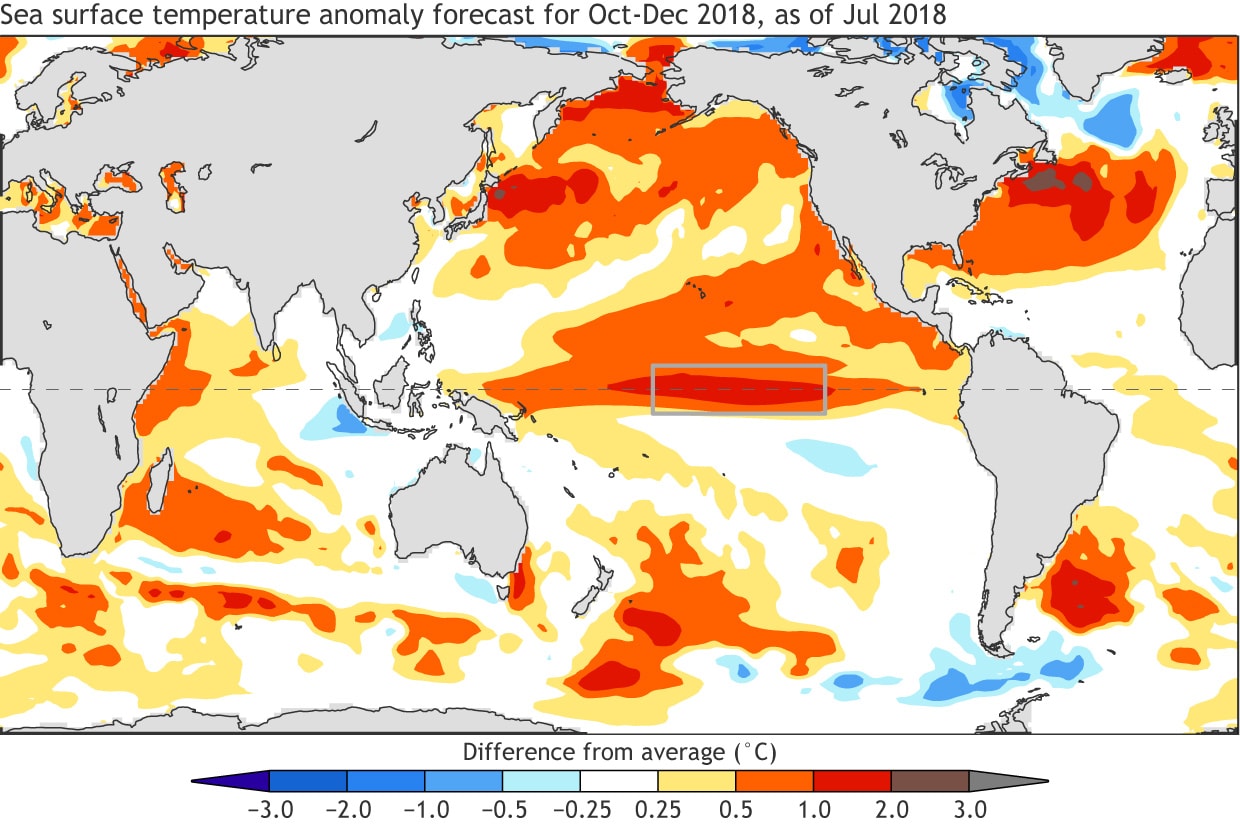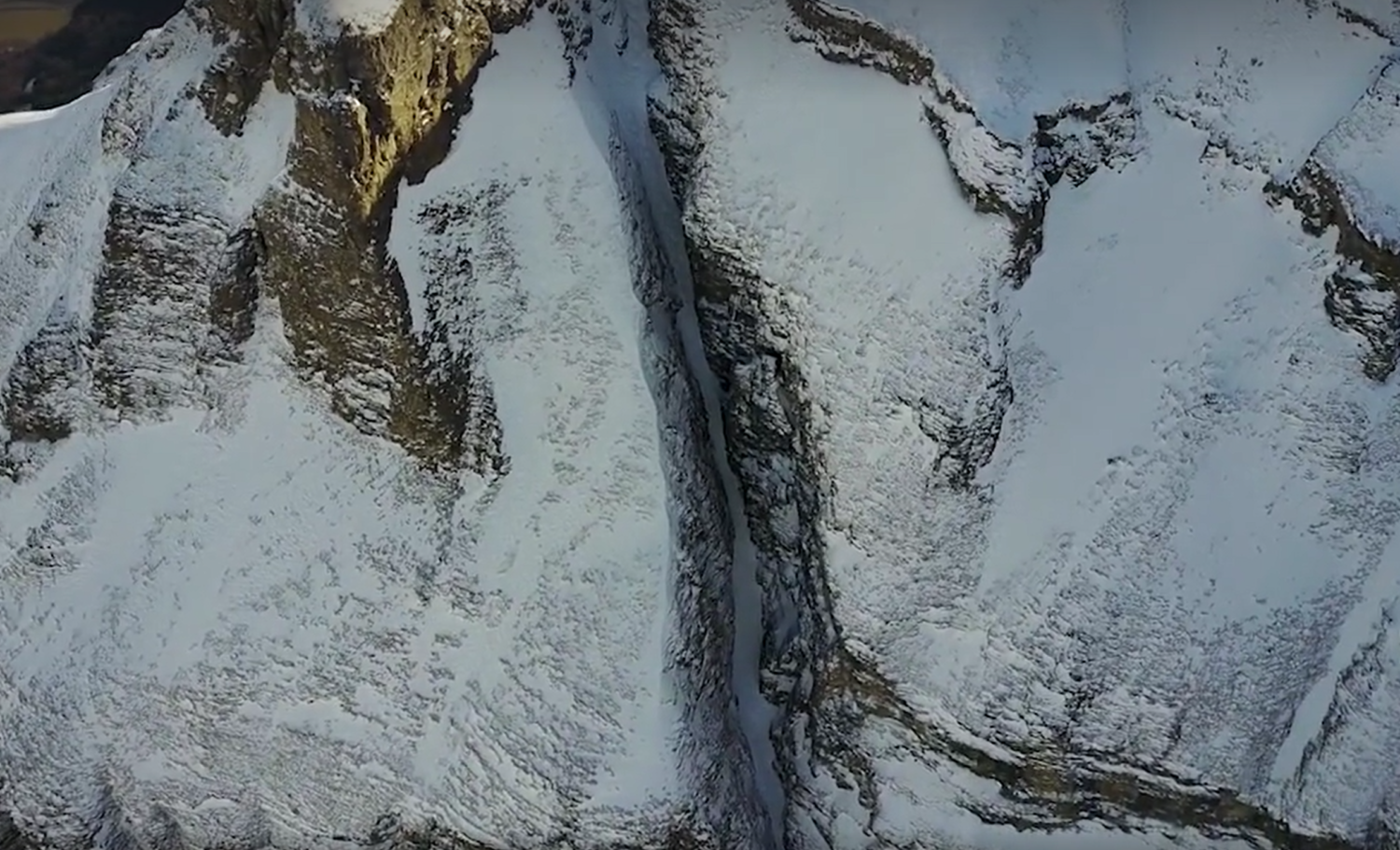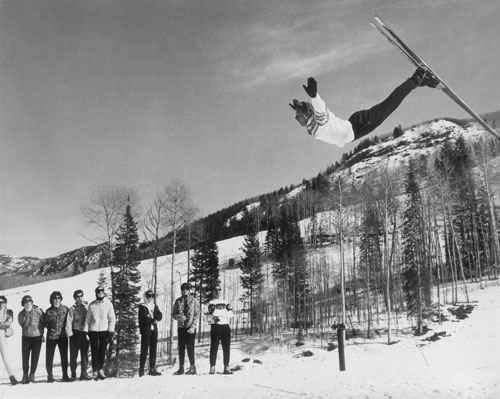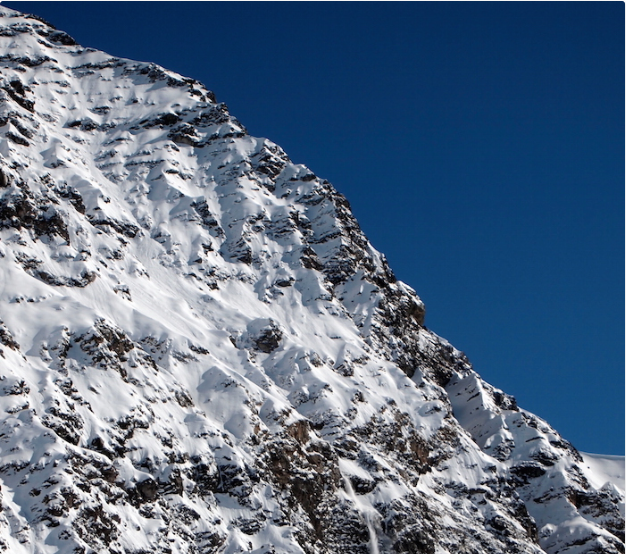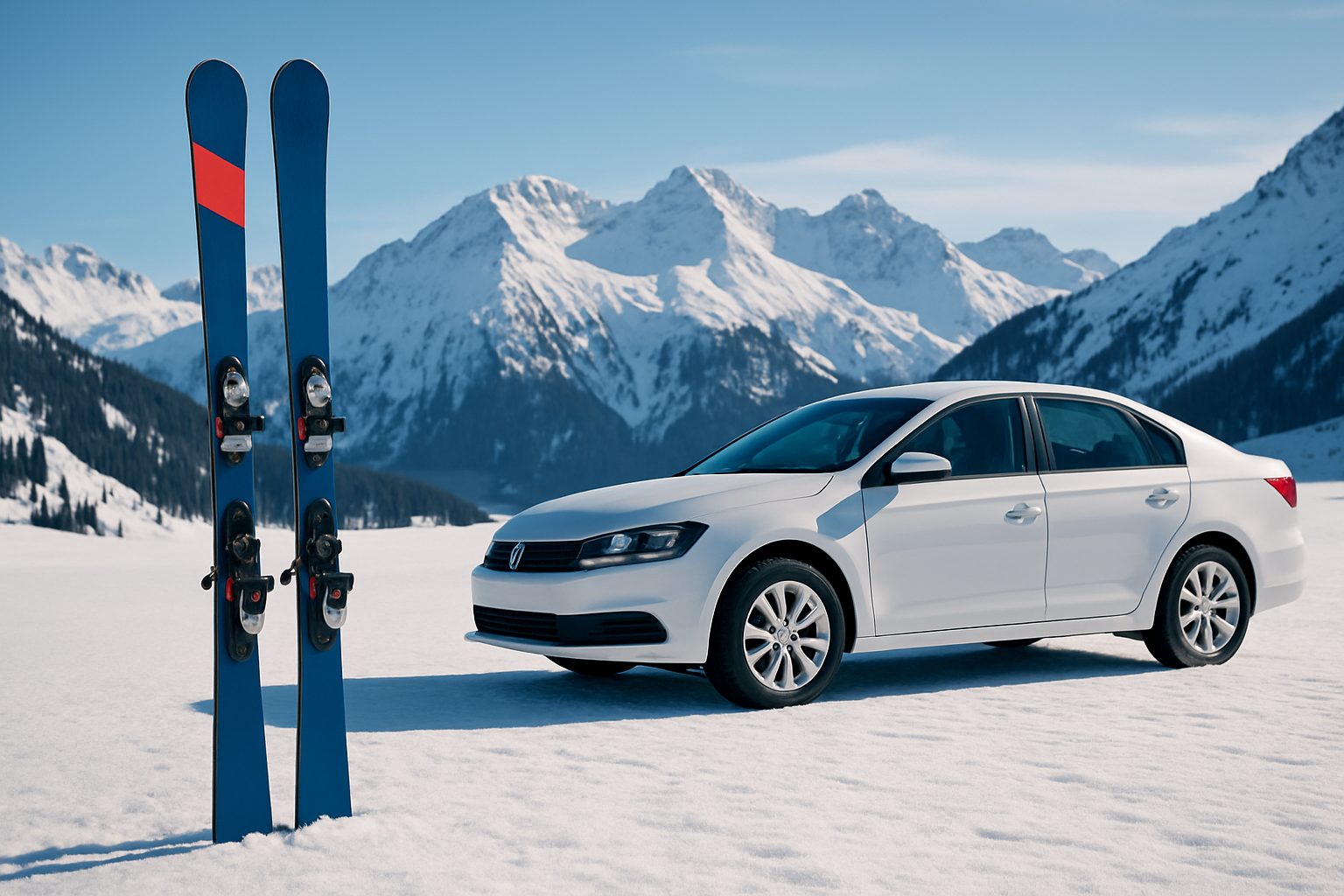
Skis can feel a lot like cars, where some brands are built for speed and precision, others for comfort and versatility, and a few are just plain flashy. If you’ve ever wondered what your favorite ski brand would be if it were a car company or what it says about you, you’re not alone. Whether you’re a weekend cruiser or an off-piste junkie, the personality and performance of your skis often match up with the same traits you’d look for in a vehicle. Of course, it won’t always be a perfect parallel, but here’s a look at how some of the most well-known ski brands compare to their automotive counterparts.
Rossignol = Toyota
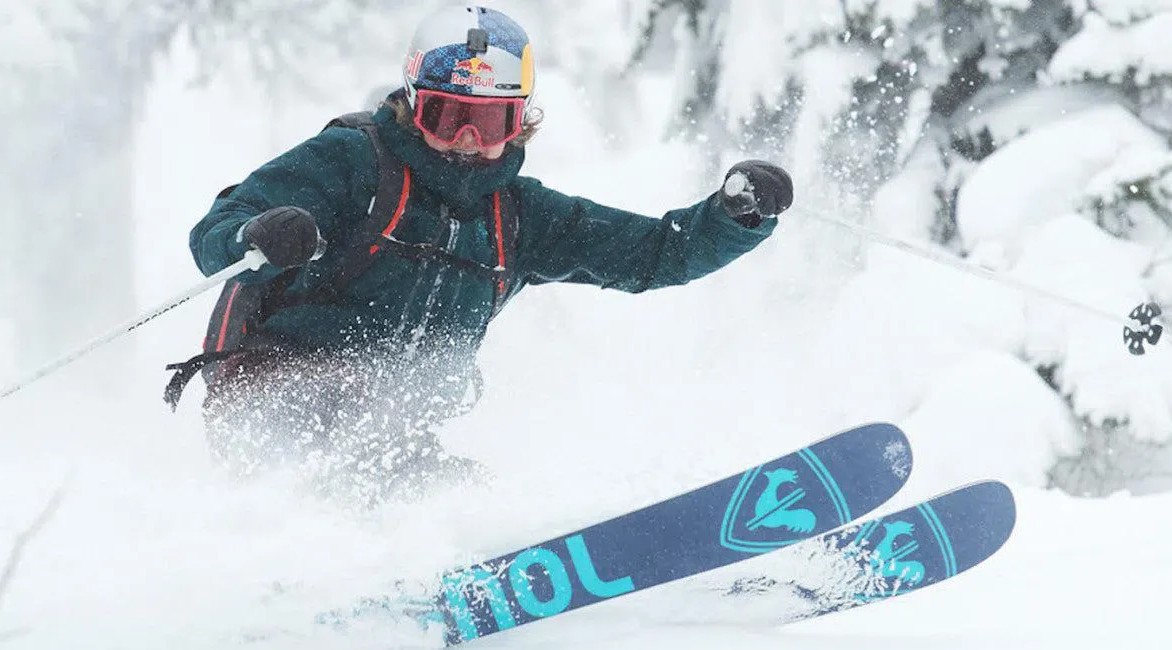
Rossignol is a versatile, reliable, and globally dominant brand. It serves everyone from beginners to experts with solid, well-rounded gear. Like Toyota, it’s not the flashiest but has deep market penetration and consistent performance across categories.
Nordica = Nissan
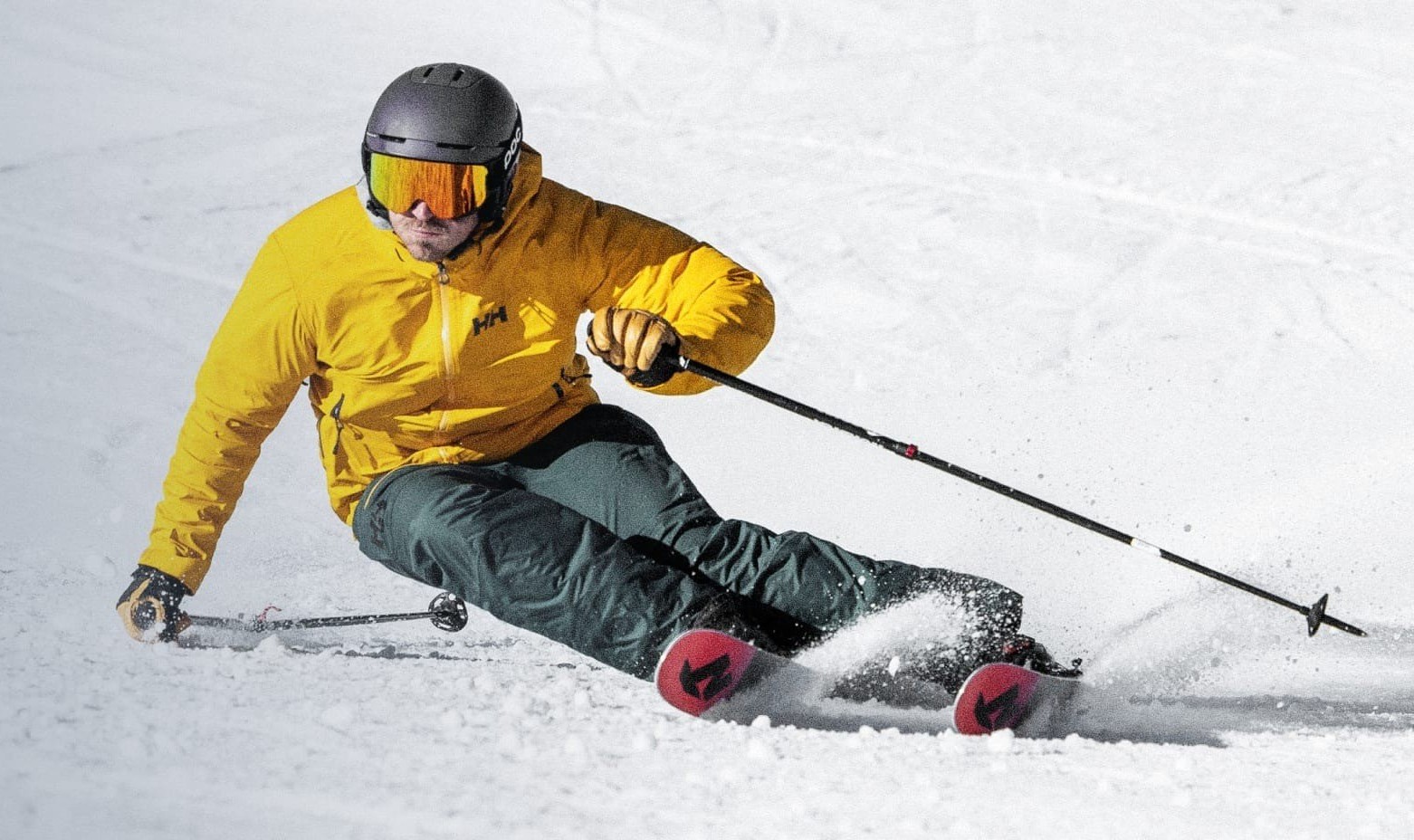
Nordica is a legacy brand that produces excellent products and is widely respected. It makes reliable, no-nonsense skis, especially for frontside carving and all-mountain use that is similar to Nissan’s solid-but-not-flashy role in the car world.
Salomon = Subaru
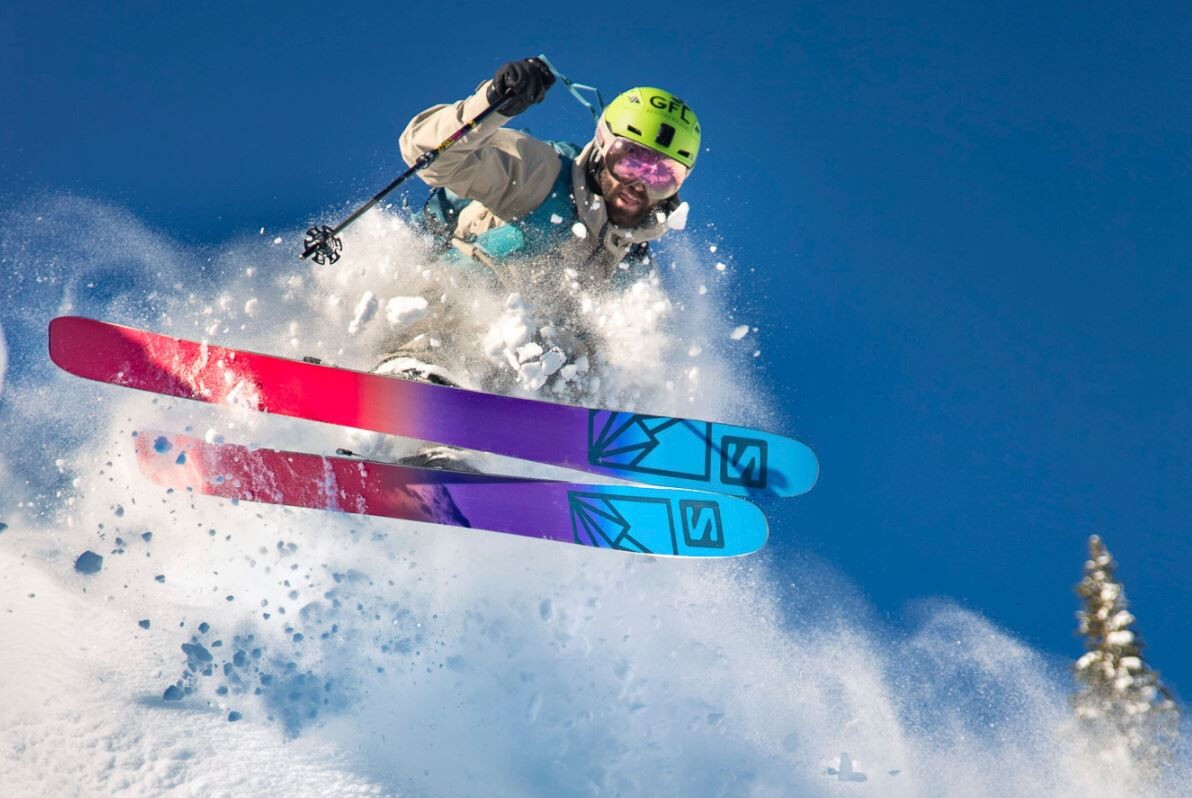
Salomon appeals to outdoorsy, all-terrain users who value function, innovation, and durability, just like Subaru. It’s big with the freeride/touring crowd and known for doing things a little differently (like techy bindings and lightweight designs).
Atomic = BMW
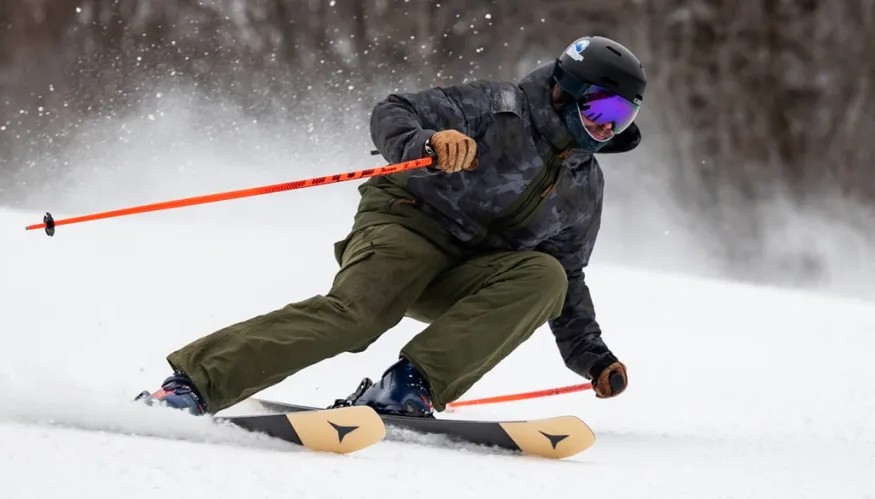
Precision, performance, and racing heritage define Atomic. It is sleek, aggressive, and trusted at high speeds, which are traits that line up closely with BMW. Atomic also has a strong racing pedigree and a sharp engineering appeal, which is commonly associated with BMW.
Head = Audi
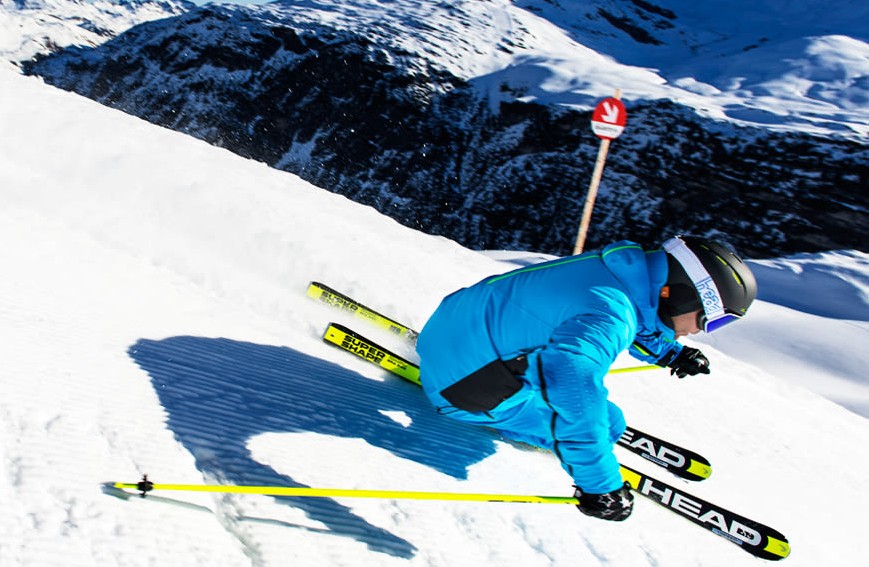
Head balances technical excellence with a premium, somewhat understated brand image. Like Audi, it’s performance-driven but not as “showy” as others. It is big in alpine racing and high-performance rec skiing, especially in Europe.
Fischer = Volkswagen
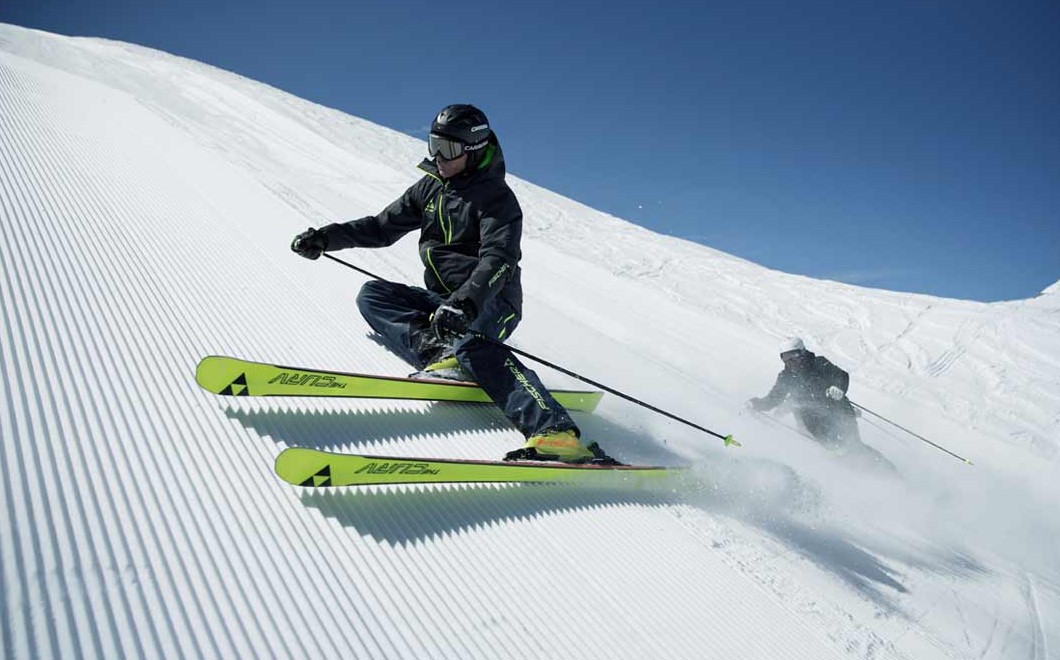
Fischer is engineered for accuracy and mass appeal, particularly in Europe, and excels in both alpine and Nordic skiing. Much like Volkswagen, it is reliable, performance-minded, and widely accessible.
Völkl = Porsche
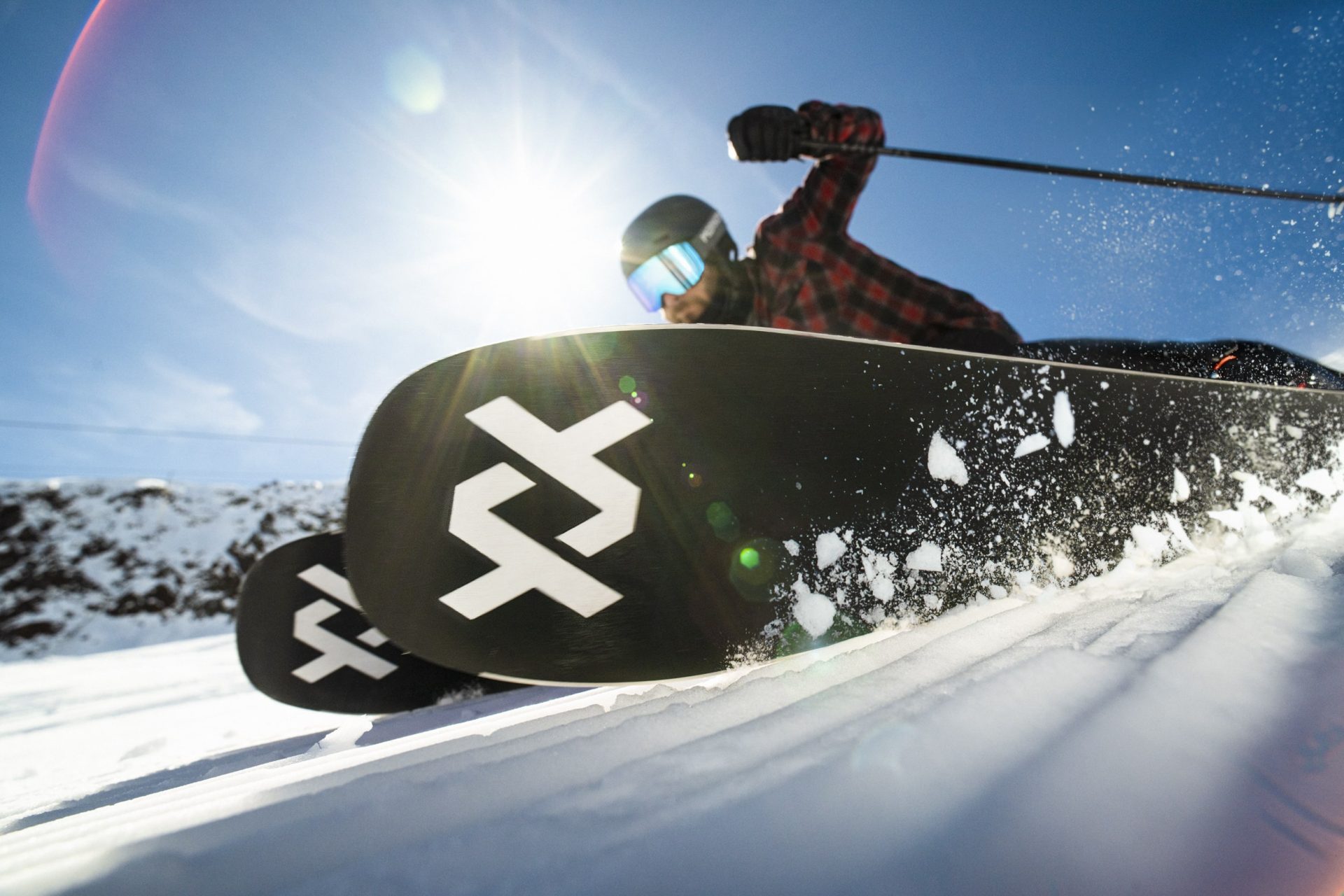
Both Völkl and Porsche share roots in high-performance German engineering. Its skis are known for their edge hold, responsiveness, and build quality, just like Porsche’s reputation for finely tuned handling and design. Just like Porsche, Völkl isn’t trying to please the masses with soft, forgiving designs. Its gear demands good technique and rewards people who know how to use it.
Blizzard = Jeep
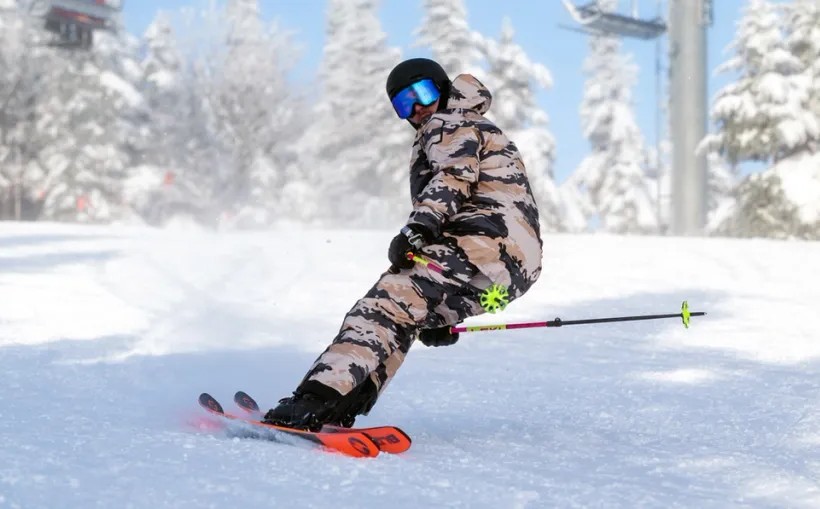
Blizzard has serious freeride and off-piste cred, and its rugged, go-anywhere vibe is similar to Jeep. Think of skis like the Bonafide and Rustler, which are built to handle rugged terrain and all snow conditions with an edge of adventure.
DPS = Tesla
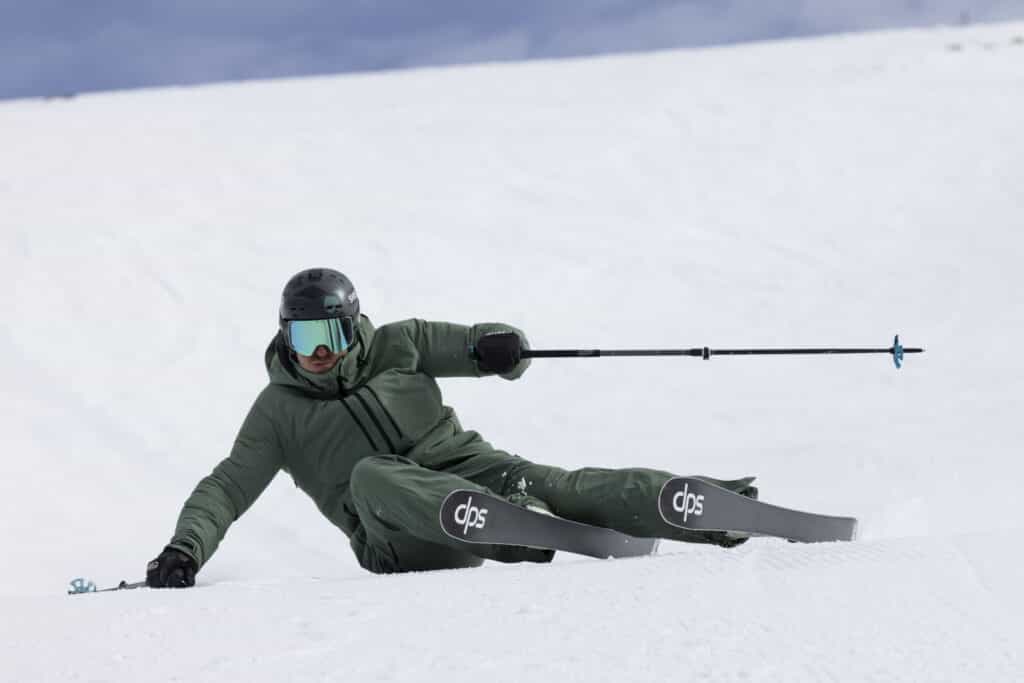
DPS is recognized for its innovation, lightweight carbon constructions, and direct-to-consumer model. It’s a disruptor, not a traditional brand. Its high-tech skis and minimalist design are very much in line with Tesla’s image.
Faction = Mini
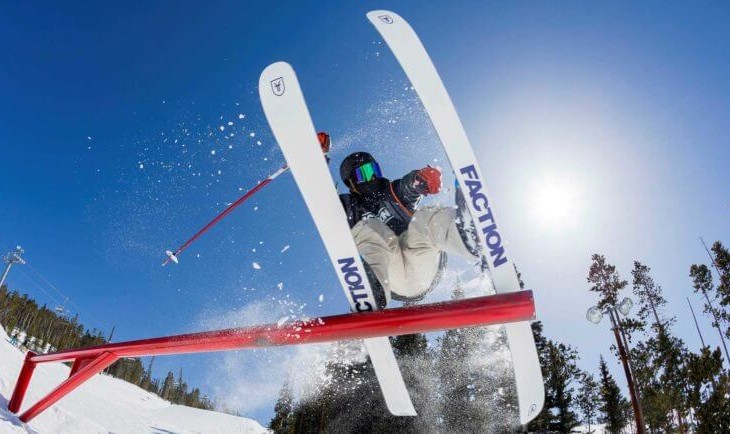
Young, stylish, and fun. Faction’s brand has a freestyle and freeride bent, with strong ties to film and creative skiing. Like Mini, it’s got a bold personality and punches above its weight with flair and community loyalty.
Stöckli = Ferrari
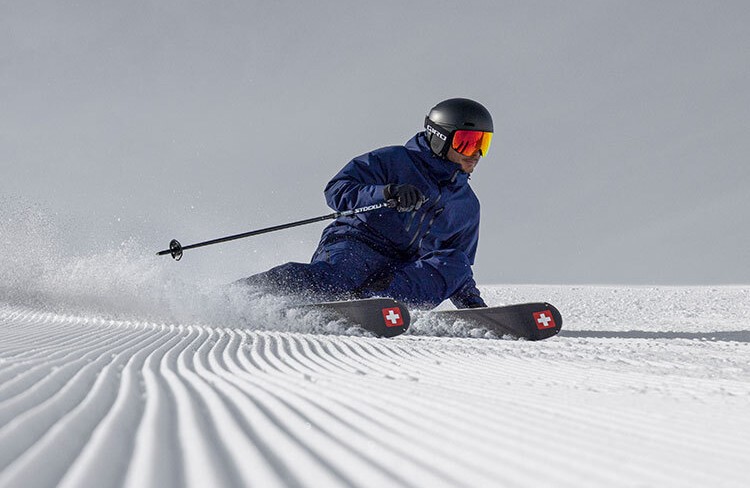
Stöckli is hand-made, expensive, and laser-focused on performance and luxury. It’s elite, precision-tuned, and for those who want the best and are willing to pay for it. That exclusivity and technical polish make it a clear Ferrari match.
While skis and cars serve different purposes, the parallels in how brands position themselves through craftsmanship, innovation, and audience appeal are hard to miss. While these comparisons won’t perfectly match up for everyone, don’t be surprised if how we categorized your favorite ski brand says something about how you like to move through the world. So, the next time you’re browsing for new skis, don’t be surprised if it feels a bit like shopping for your next ride.
